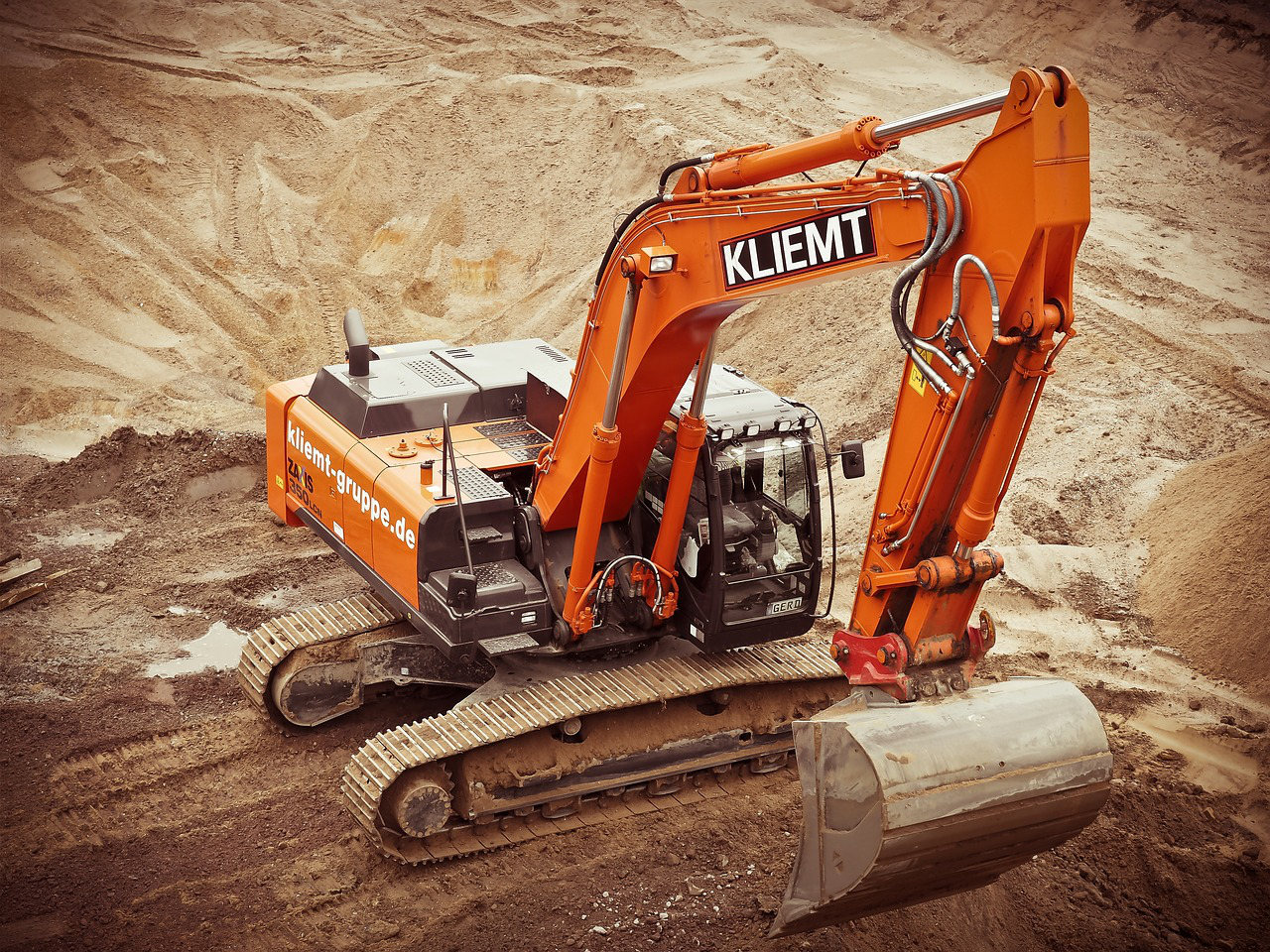Proper site preparation is one of the most critical steps in any construction project, yet it’s often overlooked or underestimated. Skipping or rushing through this phase can lead to costly delays, safety hazards, and structural issues down the road. When done correctly, however, thorough site preparation not only ensures the project proceeds smoothly but also saves both time and money.
Preventing Costly Delays
One of the most significant benefits of proper site preparation is its ability to prevent delays. Construction projects often face setbacks due to unforeseen issues, such as unstable soil, poor drainage, or unaddressed utility lines. When these problems are discovered during the construction phase, it leads to costly delays as the team has to stop, reassess, and make adjustments. These delays affect the overall timeline, which can lead to missed deadlines, rushed work, and additional costs to keep the project on track.
By investing time in proper site preparation, contractors can identify and resolve potential issues before construction begins. Whether it’s testing soil conditions, removing debris, or addressing site access, a well-prepared site sets the stage for a seamless project with fewer disruptions.
Avoiding Structural Problems
Building on an unprepared or poorly prepared site can lead to significant structural issues. Soil instability, improper grading, or inadequate foundation work can cause the structure to settle unevenly over time. This can result in cracks in walls, uneven floors, or even building collapse in extreme cases.
Proper site preparation involves ensuring the ground is level and stable, eliminating hazards like rocks or tree roots that could damage machinery or affect the foundation. This upfront work not only ensures the integrity of the building but also reduces the risk of costly repairs in the future. A properly prepared site means a solid foundation, which is essential for the longevity of the structure.

Reducing Safety Hazards
Safety is a top priority in any construction project, and poor site preparation can increase the risk of accidents. Uneven ground, hidden obstacles, and unmarked utility lines can cause accidents that harm workers or damage equipment. By conducting a thorough site assessment, contractors can identify and eliminate potential hazards, creating a safer working environment for the crew.
For example, clearing the site of debris and ensuring proper drainage can prevent slips, falls, and water damage. Marking utility lines and securing any underground hazards can also prevent accidents and costly repairs later. In addition, proper site preparation allows workers to operate machinery and heavy equipment with more ease and less risk of accidents, which can result in both time savings and lower insurance costs.
Maximizing Efficiency
Thorough site preparation contributes to overall efficiency in a construction project. By mapping out the best routes for equipment, establishing clear work zones, and ensuring proper access to utilities and materials, the project proceeds with fewer interruptions. Workers can focus on their tasks, equipment can move easily, and materials can be delivered on time, all of which contribute to the project’s progress and cost-effectiveness.
Ready to Ensure a Solid Foundation for Your Project?
At Excavating St. Louis, we specialize in providing expert excavating services in St. Louis, including land grading and sewer line repairs. Don’t leave your project to chance—contact us today for reliable excavation and grading services, and let us help you build on a solid foundation.
